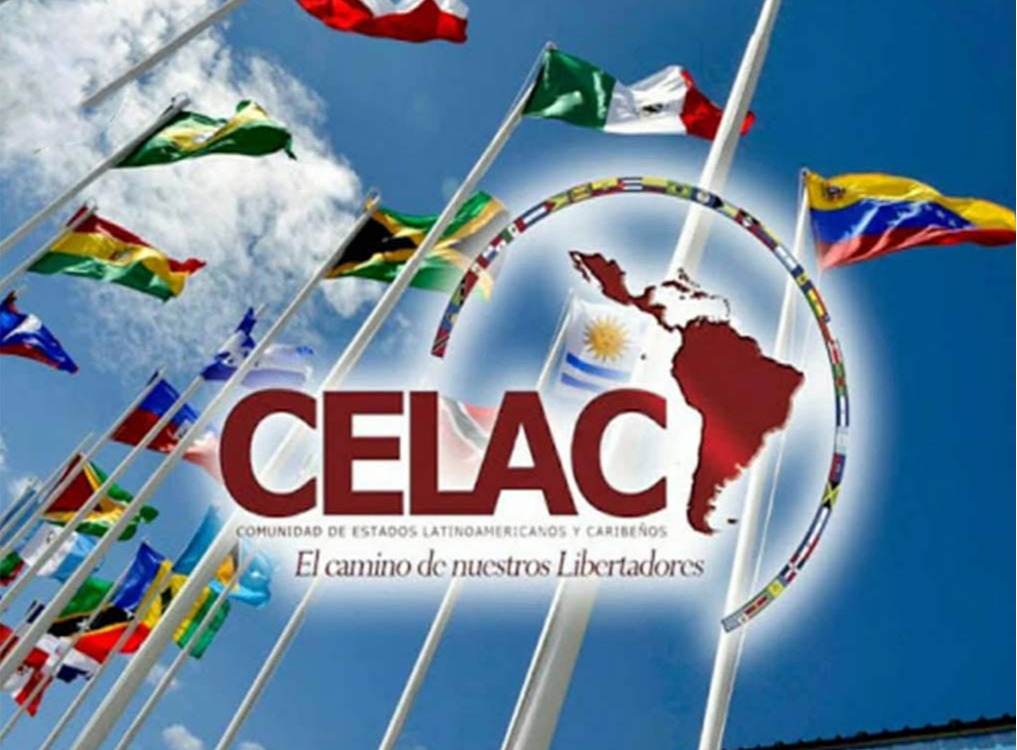
Havana, March 1 (RHC) -- St. Vincent and the Grenadines today seals a year at the head of the Community of Latin American and Caribbean States (CELAC) with the eighth summit of the bloc and the premise of leaving as a legacy a more inclusive mechanism.
This is the most transcendental diplomatic conclave that this island territory has hosted in its history and celebrating it certainly projects both its profile and that of the Caribbean Community (Caricom), in an increasingly complex international context, full of turbulences and urgent for cooperation.
Kingstown will hand over the helm of Celac satisfied with results such as the meeting between Presidents Nicolás Maduro (Venezuela) and Irfaan Ali (Guyana), which made it possible to reach an understanding and lower tensions over the disputed zone of the Essequibo.
He also values as achievements during the presidency of Saint Vincent the total conformation of the nutrition and food security plan of the group, in addition to the unprecedented contacts with the European Union and Africa.
For this farewell day, the call of the host Prime Minister, Ralph Gonsalves, is to seize the moment, work hard to promote the causes of the subcontinent and reach a consensus on positions that will allow defending in a single voice the interests of the 600 million inhabitants.
The aspiration is for this summit to become a space for dialogue to deepen political, economic, social and cultural integration, but also to consolidate the ties of solidarity and cooperation among the nations of Latin America and the Caribbean.
Another goal will be to adopt a final declaration that reflects the priority interests of all members of the bloc, incorporates special pronouncements on specific issues and also reflects a unified position on the problems affecting the region.Celac previously gathered its leaders during the meeting that saw its birth in Caracas, Venezuela (2011) and successively in the summits of Santiago, Chile (2013); Havana, Cuba (2014); Belen, Costa Rica (2015); Quito, Ecuador (2016); Punta Cana, Dominican Republic (2017); Mexico City, Mexico (2021) and Buenos Aires, Argentina (2023).
The next temporary leader will be Honduras and it is also expected to be an administration that vindicates the commitment to peace and unity within diversity as the flag on the road to Latin American and Caribbean integration. (Source: Prensa Latina)

